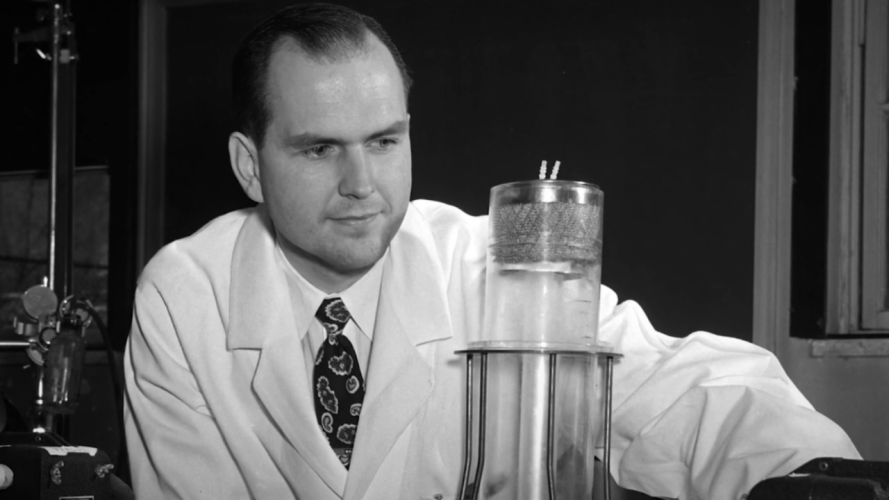SALT LAKE CITY — President Russell M. Nelson’s lasting legacy dates back far before he was called by The Church of Jesus Christ of Latter-day Saints. As a heart surgeon, he was able to touch thousands of lives.
Nelson performed his last surgery in 1985, and through his career that lasted four decades, it's estimated he performed over 7,000 surgeries, and was one of the very first to develop the heart-lung machine still used today to perform every heart surgery.
"When we were in medical school, we were taught that one must never touch the beating heart, for if you touched it, it would stop beating," Russell said. "Any surgeon who would attempt an operation on the heart would lose the respect of his colleagues. So that's the background against which I entered this field."
From 1947, when a young Dr. Nelson received his M.D. from the University of Utah, the field of heart surgery would never be the same.
Working in Minnesota, Nelson's career started by helping to develop the heart-lung machine. Then, he brought heart surgery back to Utah in 1955, making it only the third state in the country to accomplish the feat
"...so the first open-heart operation in Utah was done on November 9, 1955, at the Salt Lake General Hospital, which was our teaching hospital then," Nelson recalled. "The patient's name was Vernaell Worthen. And she lived for many years after that, [but] ultimately succumbed to cancer."
Ten years ago, in his own words, speaking at the University of Utah, Nelson spoke about his story.
"I'm very grateful for the privilege it's been to be a one who could make a contribution to medicine," he said.
"Dr. Nelson had a way of just calming you down, and even if you made a mistake, he would very carefully explain how you did that wrong, and maybe a better time a better way would be to do it this way the next time," shared Dr. Lyle Joyce, division of Adult Cardiac Surgery at the Medical College of Wisconsin.
While he was called to the Church of Jesus Christ of Latter-day Saints, Nelson's lasting legacy will live on in the over 7000 people he operated on throughout his life.
"Move on to something that's a little less bloody and a little more rewarding," Nelson said. "The rewards are out of this world."
The program Nelson founded at the University of Utah still exists and has graduated hundreds of students since it was founded in 1966.




